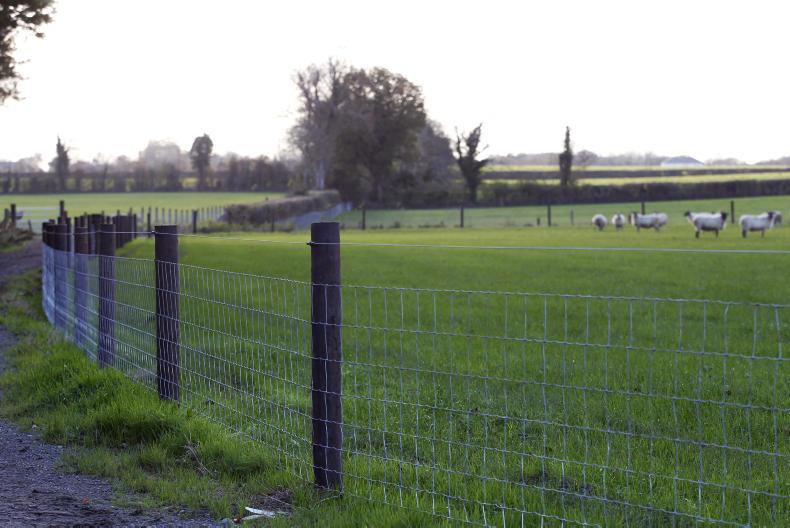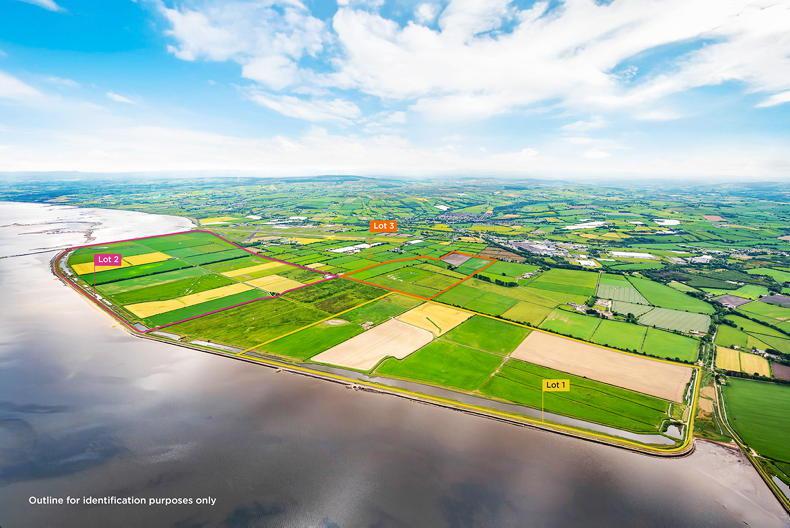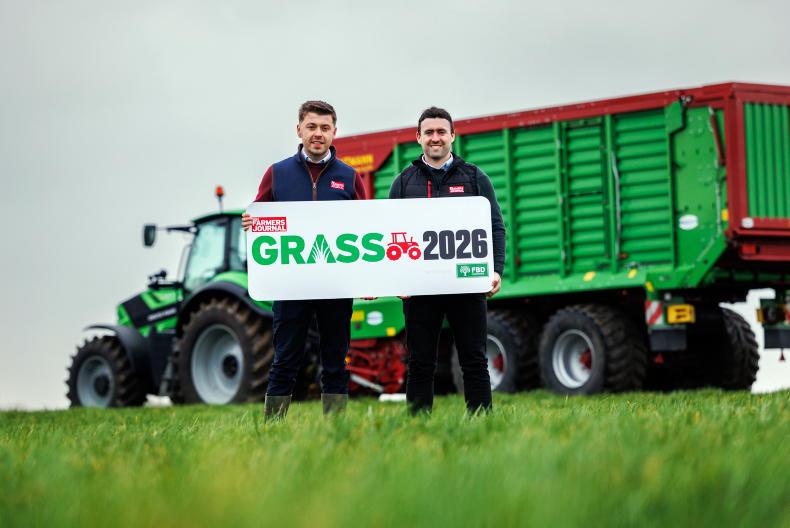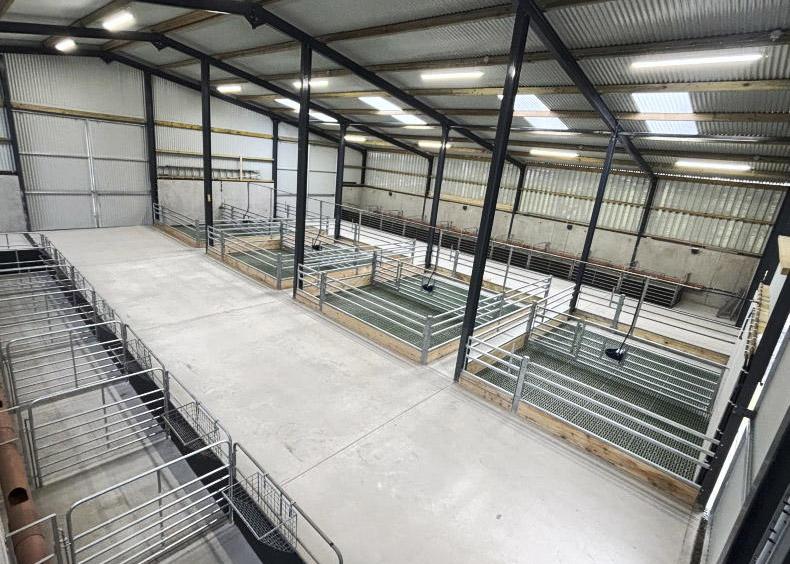The July stimulus package introduced by the Government includes a temporary six month VAT rate reduction. The new ruling started on 1 September 2020 and will see the standard VAT rate reduced from 23% to 21% until 28 February 2021. The standard VAT rate applies to 53% of activity in Ireland, including everyday services such as the supply of machinery, diesel, petrol, clothes and certain equipment.
Some agricultural activity will see changes, but a large percentage of agricultural activity falls under the reduced rate VAT category of 13.5%. It is important to point out that there is no change to this rate or to the flat rate VAT addition to livestock that compensates unregistered farmers.
Agricultural examples
Some common examples include the erection of farm buildings, which falls under the category of non-residential immovable goods and is subject to the reduced VAT rate. The same classification applies to land drainage, land reclamation and removal of weeds, scrub, bracken etc. Unregistered/flat-rate farmers are entitled to repayment of VAT incurred for the above examples.
Fencing is a trickier one. Fencing materials such as stakes and wire are subject to the standard rate of VAT at the point of purchase. However, the supply and erection of fencing is typically accounted for by the reduced rate and falls under what is known as the two-thirds rule.
Two-thirds rule
The two-thirds rule is used to establish the rate of VAT payable where goods are supplied in the provision of a service. If the costs of the goods used in carrying out the work exceeds two-thirds of the total price, then the rate that applies to the goods applies to the transaction.
If the cost of the goods used in carrying out the work does not exceed two-thirds of the total price, then the rate that applies to the service applies to the entire transaction.
If we use our example of fencing again – the fencing service is quoted at €120, while the cost of materials at 21% (VAT exclusive) is €220. The cost of materials exceeds two-thirds of the full price (VAT exclusive) and therefore VAT is chargeable at 21% on the total cost of €340 (€220 materials and €120 service).
The following services are listed by Revenue as not subject to the two-thirds rule:
Repair and maintenance of motor vehicles and agricultural machinery.Construction services where principal contractors account for VAT on the receipt of construction services from sub-contractors.Construction services between two connected parties. Invoicing
Revenue explains that VAT invoices issued by a VAT registered person to another VAT registered person on or after the date of change of a VAT rate, either upwards or downwards, should show the new VAT rate. This applies even if the goods or services were supplied before the change of date.
The VAT liability in respect of goods or services supplied by a VAT registered person to an unregistered person is normally determined by the date of supply and not the date on which the invoice was issued.
Revenue says goods or services that are supplied to unregistered persons to the date of a change in VAT rates are taxable at the rate in place when they are supplied. This,it says, applies even though they may be invoiced on or after the date of the change.
Further information
There is an excellent resource on www.revenue.ie that can be accessed by clicking the Value-Added Tax page and then ‘VAT rates’, which will list commonly used items and services and the VAT rate under which they fall. There is also substantially more information available to deal with more complex scenarios resulting from the temporary change in VAT rate.
The July stimulus package introduced by the Government includes a temporary six month VAT rate reduction. The new ruling started on 1 September 2020 and will see the standard VAT rate reduced from 23% to 21% until 28 February 2021. The standard VAT rate applies to 53% of activity in Ireland, including everyday services such as the supply of machinery, diesel, petrol, clothes and certain equipment.
Some agricultural activity will see changes, but a large percentage of agricultural activity falls under the reduced rate VAT category of 13.5%. It is important to point out that there is no change to this rate or to the flat rate VAT addition to livestock that compensates unregistered farmers.
Agricultural examples
Some common examples include the erection of farm buildings, which falls under the category of non-residential immovable goods and is subject to the reduced VAT rate. The same classification applies to land drainage, land reclamation and removal of weeds, scrub, bracken etc. Unregistered/flat-rate farmers are entitled to repayment of VAT incurred for the above examples.
Fencing is a trickier one. Fencing materials such as stakes and wire are subject to the standard rate of VAT at the point of purchase. However, the supply and erection of fencing is typically accounted for by the reduced rate and falls under what is known as the two-thirds rule.
Two-thirds rule
The two-thirds rule is used to establish the rate of VAT payable where goods are supplied in the provision of a service. If the costs of the goods used in carrying out the work exceeds two-thirds of the total price, then the rate that applies to the goods applies to the transaction.
If the cost of the goods used in carrying out the work does not exceed two-thirds of the total price, then the rate that applies to the service applies to the entire transaction.
If we use our example of fencing again – the fencing service is quoted at €120, while the cost of materials at 21% (VAT exclusive) is €220. The cost of materials exceeds two-thirds of the full price (VAT exclusive) and therefore VAT is chargeable at 21% on the total cost of €340 (€220 materials and €120 service).
The following services are listed by Revenue as not subject to the two-thirds rule:
Repair and maintenance of motor vehicles and agricultural machinery.Construction services where principal contractors account for VAT on the receipt of construction services from sub-contractors.Construction services between two connected parties. Invoicing
Revenue explains that VAT invoices issued by a VAT registered person to another VAT registered person on or after the date of change of a VAT rate, either upwards or downwards, should show the new VAT rate. This applies even if the goods or services were supplied before the change of date.
The VAT liability in respect of goods or services supplied by a VAT registered person to an unregistered person is normally determined by the date of supply and not the date on which the invoice was issued.
Revenue says goods or services that are supplied to unregistered persons to the date of a change in VAT rates are taxable at the rate in place when they are supplied. This,it says, applies even though they may be invoiced on or after the date of the change.
Further information
There is an excellent resource on www.revenue.ie that can be accessed by clicking the Value-Added Tax page and then ‘VAT rates’, which will list commonly used items and services and the VAT rate under which they fall. There is also substantially more information available to deal with more complex scenarios resulting from the temporary change in VAT rate.









SHARING OPTIONS